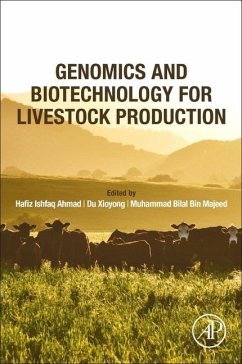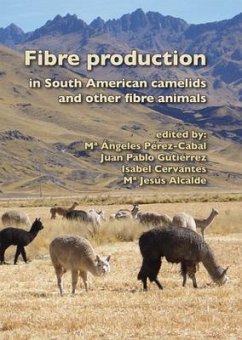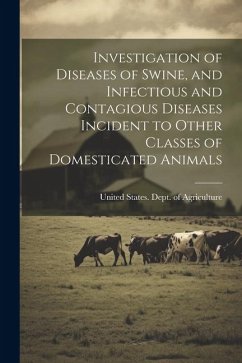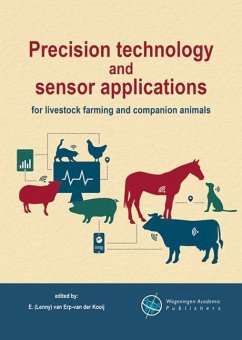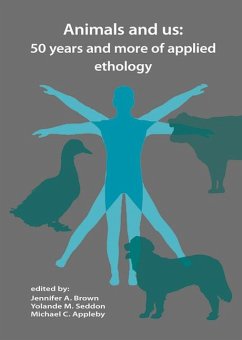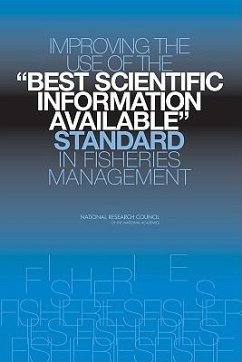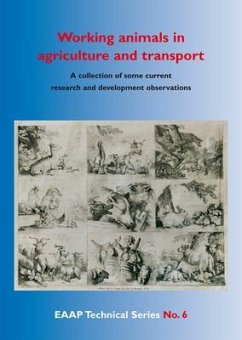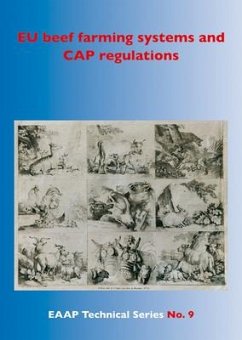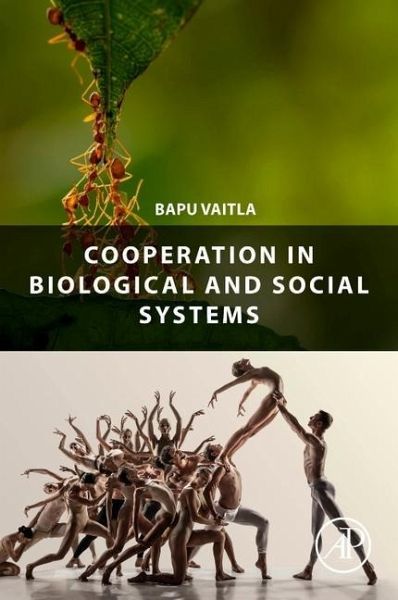
Cooperation in Biological and Social Systems
Versandkostenfrei!
Versandfertig in über 4 Wochen
147,99 €
inkl. MwSt.

PAYBACK Punkte
74 °P sammeln!
Cooperation in Biological and Social Systems analyzes cooperation within both biological networks and human societies. The book's approach is cross-disciplinary, focusing on key ideas and methods from genetics, biology, ecology, economics, and political science, while guiding students to make conceptual and mathematical connections between fields. The core objective of the book is to help students perceive the deep, common structure of networked interaction in nature, and to gain the tools necessary to formally analyze cooperation. The book begins by offering a conceptual and mathematical tool...
Cooperation in Biological and Social Systems analyzes cooperation within both biological networks and human societies. The book's approach is cross-disciplinary, focusing on key ideas and methods from genetics, biology, ecology, economics, and political science, while guiding students to make conceptual and mathematical connections between fields. The core objective of the book is to help students perceive the deep, common structure of networked interaction in nature, and to gain the tools necessary to formally analyze cooperation. The book begins by offering a conceptual and mathematical toolkit centered on game theory and network science. Readers then apply these tools to the study of biological phenomena, including genetic networks, endosymbiosis, intraspecies cooperation, and mutualisms, in the following chapters. The final portion of the book presents case studies of the most pressing problems of collective action facing global society today, including climate change, cyberterrorism, and infectious disease, applying the lessons of biological and social evolution to the search for cooperative solutions. Cooperation in Biological and Social Systems is a valuable resource for readers looking to gain further insight into biological networks and animal and human biology. This book is also helpful for students across academic disciplines aside from biology, including ecology, genetics, and political science.




